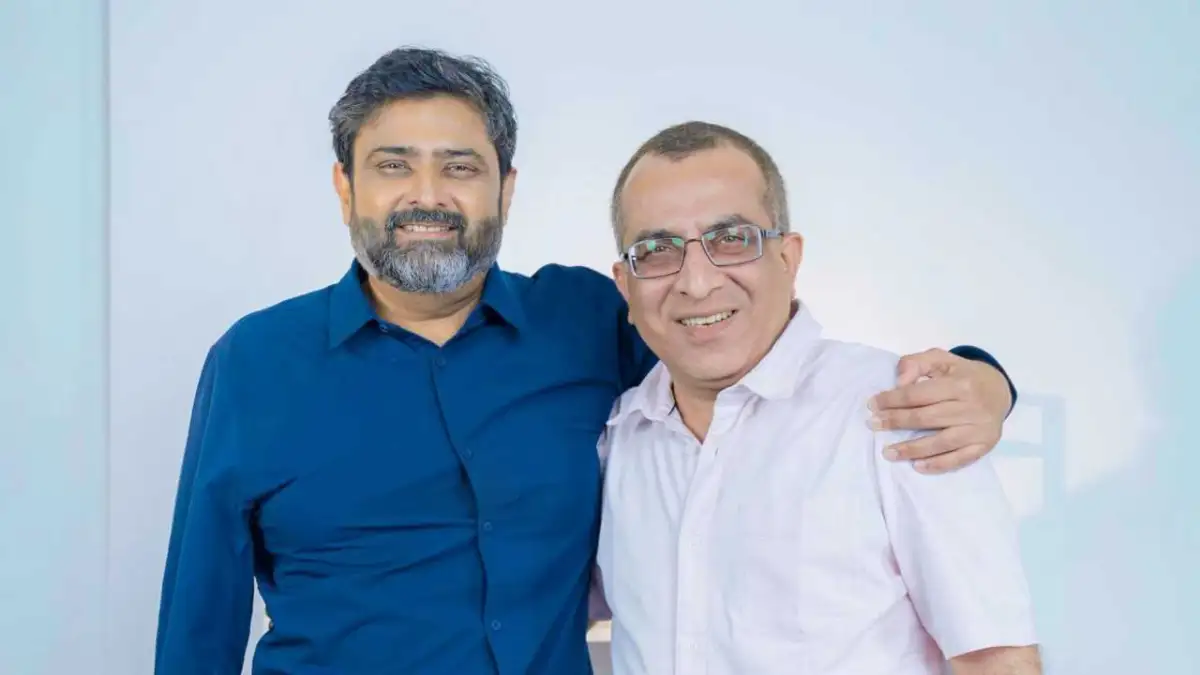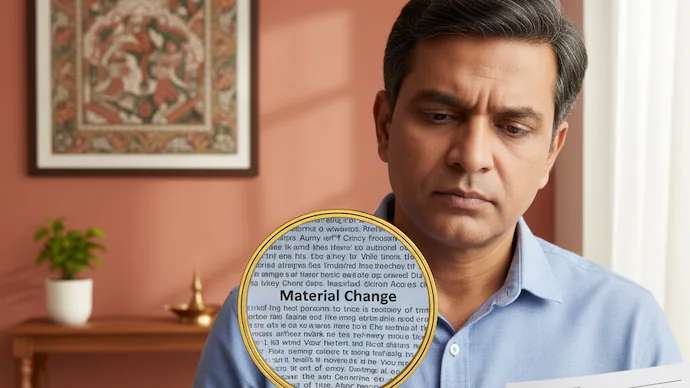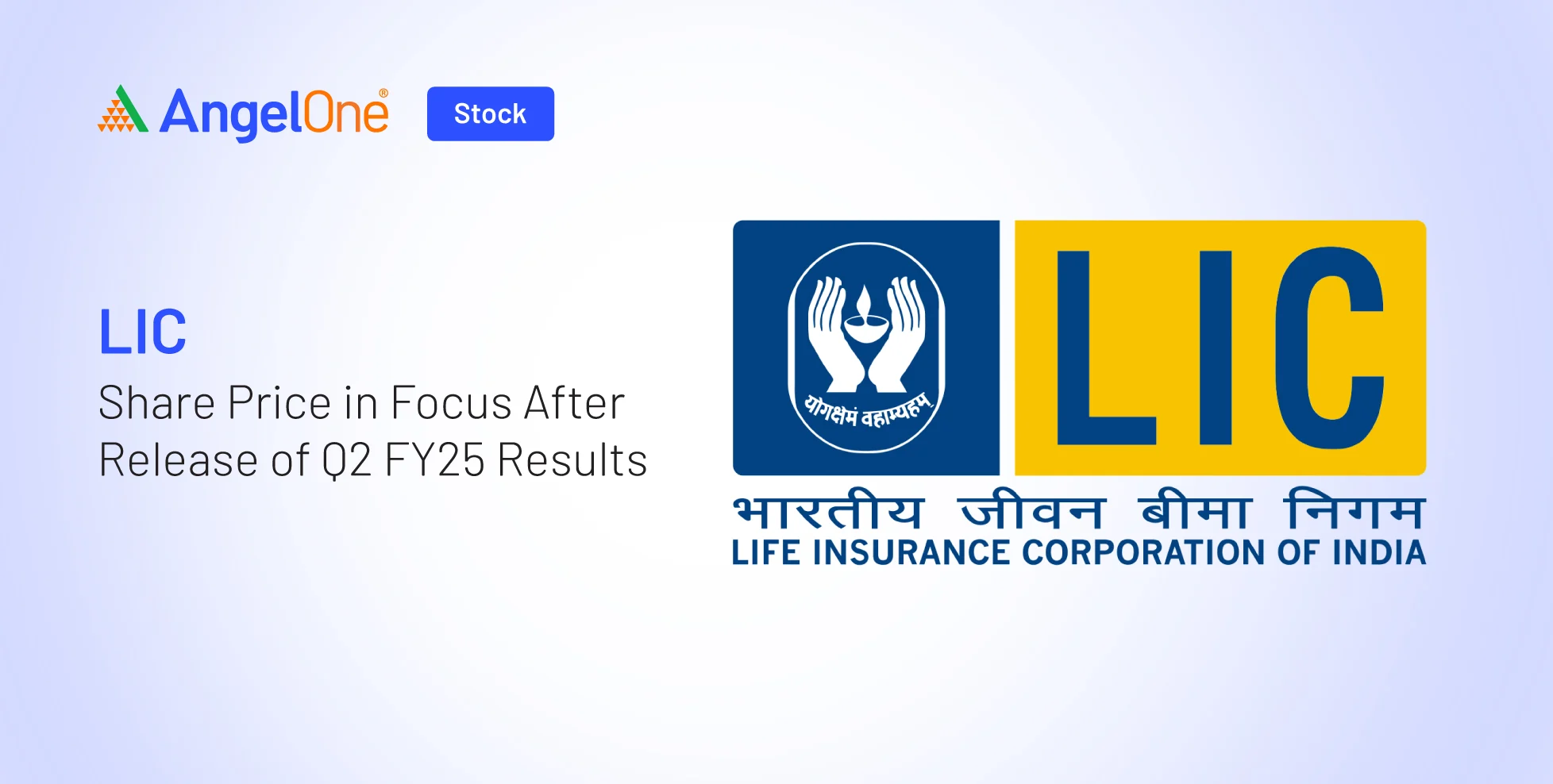Health Insurance Must Be a Priority: In a candid conversation on Simple Hai! with Vivek Law, Anup Rau, MD & CEO of Generali India Insurance, shed light on a pressing yet often overlooked issue in India’s financial landscape: the critical importance of health insurance. With over three decades of experience navigating the insurance industry, Rau passionately argued that health insurance is not a luxury—it’s a fundamental necessity. His insights reveal the gap in awareness, the systemic challenges faced by the industry, and practical solutions to improve health insurance penetration in India.
Why Indians Prioritize Car Insurance Over Health Insurance
Anup Rau expressed his confusion and concern about why Indians tend to protect their cars more diligently than their own health. “I have been saying for 30 years that the first thing you should buy is health insurance,” Rau emphasized. He pointed out that while car insurance is often purchased timely, health insurance is frequently postponed or neglected altogether.
“The asset that generates every other asset is your health. If you don’t insure yourself, the most critical asset remains unprotected,” Rau explained. Many Indians still rely solely on employer-provided group insurance policies, often with insufficient coverage. “A cover of ₹5 lakh is utterly inadequate,” he warned, citing his own hospitalization experience where medical bills ran up to ₹4 lakh for food poisoning alone. Rau highlighted the significant financial risk exposure when one remains uninsured, especially between jobs.
Read about: Bombay High Court Orders Tata AIG to Pay Rs 27 Lakh to Widow After Denial of Housing Loan Insurance Claim
Covid-19 Sparked Awareness But Momentum Faded
The pandemic briefly raised awareness about health insurance, with a notable surge in inquiries and policy purchases. However, Rau observed that the momentum quickly faded. “Even now, growth in new business is flat. About 80% of health insurance is group cover, while only 20% is individual cover, indicating low penetration,” he remarked.
Rau warned that delaying the decision to buy health insurance could have long-term financial consequences. “When people finally decide to purchase a policy, it either gets rejected due to a lifestyle disease or premiums increase substantially,” he explained. With global health inflation soaring at around 14% per year—far outpacing regular inflation—only insurance can keep up with these costs, not savings or investments.
Expanding Health Insurance Reach in Rural India
Anup Rau elaborated on Generali’s joint venture with Central Bank of India, calling it a “marriage made in heaven.” With Central Bank’s 4,500 branches serving over 5 crore customers, many in rural areas, the partnership aims to offer affordable health insurance products in smaller towns where traditional distribution costs are prohibitively high.
While digital channels play a growing role, Rau underscored the importance of physical presence in building trust. “In small towns, trust is built only when there is a branch building people can see in their neighborhood,” he said. This strategy enables Generali to offer accessible insurance solutions to rural India, where awareness and penetration remain particularly low.

Leadership Insights: Curiosity, Authenticity, and Resilience
Rau’s unconventional career journey—from selling salt and tea to leading one of India’s top insurance companies—reflects his belief in staying curious and adaptable. “The most important quality is curiosity—not just in your domain but about everything,” he advised young professionals.
Quoting Shah Rukh Khan, Rau added, “Getting to the top is easier than staying there. To remain, you must work even harder and reinvent yourself constantly.” His leadership style emphasizes authenticity, direct communication, and genuine engagement with employees. Rather than sharing corporate jargon, Rau focuses on life lessons and reflections, believing that authenticity resonates more than templated messages.
Conclusion: Health Insurance Must Be a Priority
Anup Rau’s insights make it clear that health insurance in India is no longer optional—it is a critical component of financial planning. Despite increased awareness during the pandemic, significant gaps remain in individual health insurance adoption. The reliance on insufficient group covers and the rising cost of medical treatment highlight the urgent need for proactive coverage.
Generali’s partnership with Central Bank of India provides a pragmatic solution for expanding insurance reach in rural India, but broader systemic change is required. Consumers must prioritize their health as their most valuable asset and act before premiums rise further or policies get rejected due to pre-existing conditions.
Rau’s leadership philosophy—grounded in curiosity, authenticity, and resilience—offers valuable lessons not just for insurance professionals but for anyone striving for sustainable success in today’s fast-evolving world.
Also read: GWM Ora Cat Revealed: Retro-Inspired Electric Crossover Set to Expand EV Lineup in 2026
Frequently Asked Questions
1. Why is health insurance essential in India?
Health insurance is essential in India due to the rising cost of medical treatments, low individual insurance penetration, and unpredictable health emergencies. With health inflation around 14% annually, relying solely on savings is insufficient. A single hospitalization can wipe out years of savings, especially when employer group insurance provides limited coverage. Individual health insurance ensures financial protection and access to quality healthcare when needed most.
2. What are the risks of relying only on employer-provided health insurance?
Employer-provided group insurance typically offers limited coverage (often ₹5 lakh), insufficient for major medical emergencies. Moreover, if a person is between jobs or self-employed, they may lack any coverage at all. Employer insurance doesn’t cover lifestyle diseases extensively and may not offer portability, increasing the risk of being uninsured.
3. How does health inflation affect insurance costs?
Health inflation in India averages 14% per year, far exceeding regular inflation rates. As medical service costs, equipment, and medicines rise, insurers must adjust premiums to cover these expenses. Delaying the purchase of health insurance leads to higher premiums later and even possible denial of coverage due to lifestyle diseases.
4. How is Generali India improving health insurance reach in rural areas?
Generali India, in partnership with Central Bank of India, leverages the bank’s 4,500 branches serving over 5 crore customers, especially in rural areas. This partnership enables Generali to offer affordable insurance products, ensuring better physical presence and building trust where digital channels alone aren’t enough.
5. What leadership lessons does Anup Rau emphasize for young professionals?
Anup Rau stresses the importance of curiosity, resilience, and authenticity. He believes that staying curious beyond one’s domain helps professionals adapt and innovate. Furthermore, authentic communication with employees fosters trust and engagement. Lastly, continuous reinvention and hard work are necessary to sustain success in any industry.






